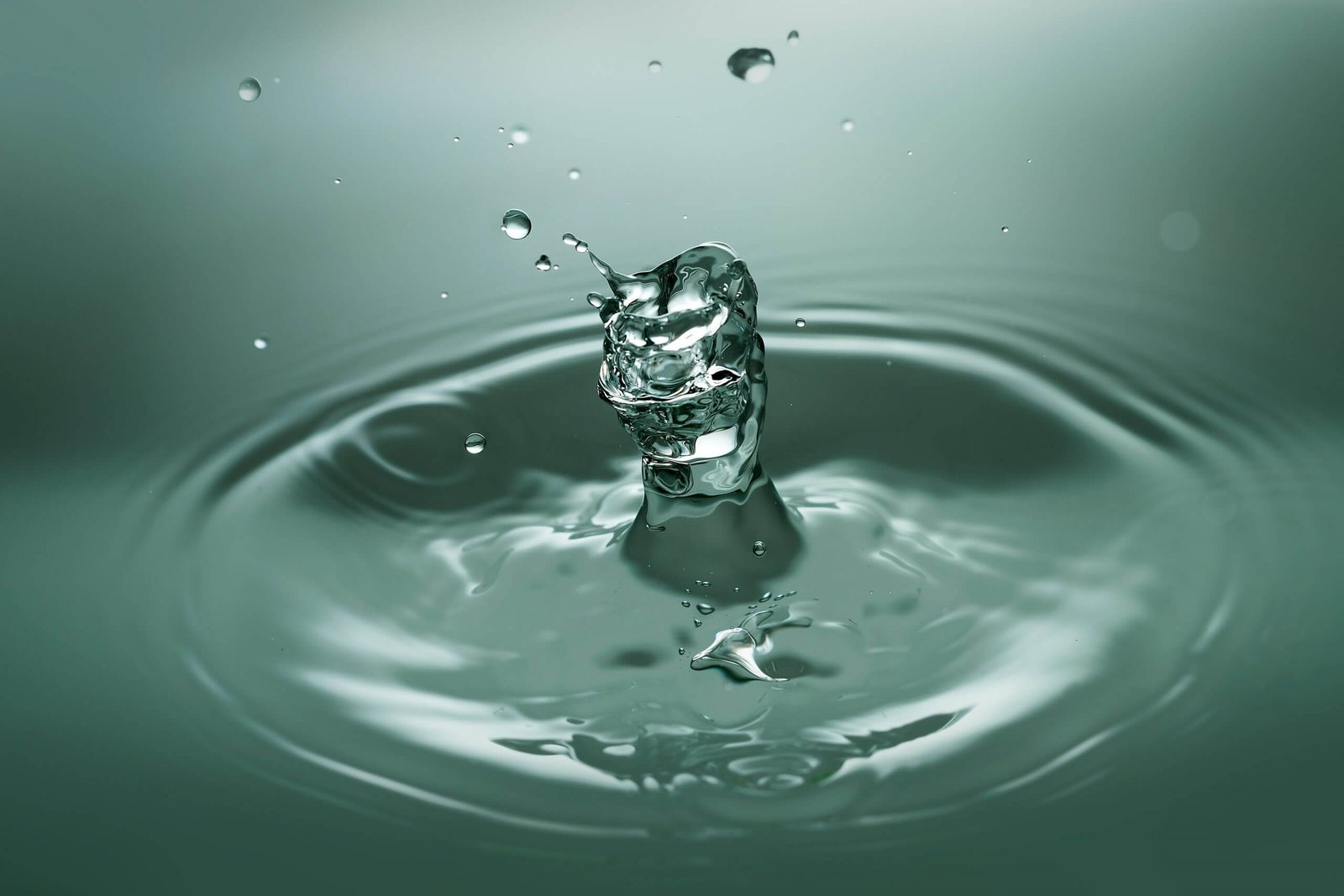Common Types of Water Treatment Chemicals
Water treatment plays a vital role in ensuring clean and safe water for various applications, from drinking water to industrial processes. To achieve effective water treatment, different types of chemicals are used to address specific contaminants and improve water quality. In this blog, we will explore the common types of water treatment chemicals and their functions, shedding light on their importance in maintaining healthy and purified water sources.
Chlorine Compounds:
Chlorine compounds, such as chlorine gas or sodium hypochlorite, are widely used as disinfectants in water treatment. They effectively eliminate harmful bacteria, viruses, and other microorganisms that can cause waterborne diseases. Chlorine compounds act as powerful oxidising agents, ensuring the safety and cleanliness of drinking water supplies.
Coagulants:
Coagulants are chemicals that aid in the removal of suspended solids and turbidity from water. Aluminium sulphate (alum) and polyaluminum chloride (PAC) are commonly used coagulants. They destabilise particles, allowing them to clump together and form larger flocs that can be easily separated from the water. Coagulants enhance the efficiency of filtration processes and improve the overall clarity of treated water.
pH Adjusters:
Maintaining the appropriate pH level is essential in water treatment to optimise the effectiveness of disinfection and other treatment processes. Acidic or alkaline substances, such as sulfuric acid or sodium hydroxide, are used as pH adjusters to balance the water’s acidity or alkalinity. By adjusting the pH, these chemicals ensure that disinfectants work effectively and prevent the corrosion of pipes and equipment.
Antiscalants:
Water used in industrial processes often contains minerals and dissolved solids that can cause scale formation, leading to reduced equipment efficiency and costly repairs. Antiscalant chemicals, such as polyphosphates and phosphonates, are added to prevent scale formation by inhibiting the crystallisation and precipitation of minerals. Antiscalants help maintain the performance and longevity of industrial equipment.
Activated Carbon:
Activated carbon is a highly effective adsorbent used in water treatment for the removal of organic compounds, chlorine, and odours. It is made from carbon-rich materials, such as coconut shells or coal, that undergo a process to create a porous structure with a large surface area. Activated carbon traps impurities through adsorption, improving the taste, odour, and overall quality of treated water.
Oxidising Agents:
Oxidising agents, such as potassium permanganate or hydrogen peroxide, are employed to eliminate organic pollutants, taste, and odour-causing compounds from water. They chemically react with contaminants, breaking them down into harmless substances. Oxidising agents are particularly effective in removing organic matter, ensuring safe and aesthetically pleasing drinking water.
Conclusion
Water treatment chemicals play a vital role in maintaining the quality and safety of our water supplies. From chlorine-based chemicals for disinfection to coagulants and flocculants for particle removal, each type of water treatment chemical serves a crucial function in the treatment process.
Additionally, pH adjusters and stabilisers ensure that the water remains within the desired pH range, while anti-scalants protect industrial equipment from mineral deposits. By understanding the functions of these common water treatment chemicals, we can appreciate the complexity and importance of water treatment in safeguarding public health and preserving our valuable water resources.
At Morven Industrial, we have a wide range of water treatment chemicals and systems for both domestic and industrial applications. We have options that you can easily choose whatever it is you’re looking for and have it delivered to you. Contact us today to get yours.

